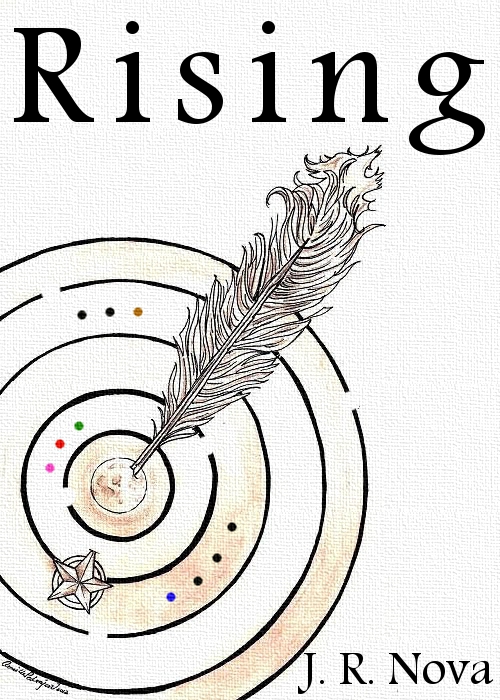The history of psychology is filled with various experts attempting to reinvent the wheel (the model of human behavior), and as a result there has been a sharp increase in theories, concepts, and definitions, over-complicating a subject that can be explained in far simpler and straightforward terms than the average psychologist or layperson can explain it.
In other words, psychology is complicated more because of the vast volume of competing and often impractical concepts than because human behavior is complex.
This is not to say that human behavior is not complex, but that Occam's Razor is not being applied: Among competing hypothesis, the one that makes the fewest assumptions should be selected.
Personally, I believe the "why" is the easy part, but that the "how" requires much more study than we've done to this point. We may know why someone does something (he's been conditioned) but the how of it requires psychologists to look at genetics, society, mental conditions, and interpersonal relationships.
So psychology is both very simple, even elementary, and yet infinitely complex (as complex as nature itself, which all of science has yet to discover even a percentage of). What happens if people do not understand this? If they live completely on one end of the spectrum or the other, either believing that psychology is easy or that it is very hard?
I think then we end up with elitist academics who do not trust laypersons with the "complexities" of psychology, and laypersons who think they can master the human mind by reading a few pop-psychology books (coincidentally written by academics*), or by mimicking their doctors.
I don't know if either of these types are dangerous, or more dangerous than the other, but they're both fools studying only one color of a prism. Both become know-it-alls who refuse to believe the other has anything to add, and so dismiss each other.
Humans dismiss each other at their own peril!
*Studying a subject presents a great risk to any student: a false sense of security. The phrase "A little knowledge is a dangerous thing" comes to mind. If people do not maintain a mindset that they do _not_ know everything, and so that they must tread with caution, what knowledge they have gained, whether by book or course, can naively be used in the wrong way: a well-meaning friend trying to help a potential suicide through depression, or a doctor who misdiagnoses a patient for failing to be thorough in his approach.
Often what we think we know is a blinder to what is real.
Search
Instead of having an ad-heavy blog I only ask readers to purchase my novel, "Rising." You can get it as a gift for a friend or a loved one or for yourself. It is only a few dollars for you, and every purchase is a way forward for me. If anything you read here helps, entertains, or enlightens, this is great way to show your appreciation. I will be ever grateful.
If you do not own a Kindle, you can also purchase "Rising" through Smashwords, and read it on any other device.
If you do not own a Kindle, you can also purchase "Rising" through Smashwords, and read it on any other device.
Me
- Unknown
Popular Posts
-
Below is a link to a website listing overdone story ideas. The Fantasy Novelist's Exam: http://www.rinkworks.com/fnovel/ I don...
-
There was a time in my life when I was content to be “normal.” I worked, I socialized, and for the most part I lived in an unconscious vac...
-
I have a confession to make. I'm a fan of William Bruce Rose Jr., otherwise known as W. Axl Rose. I don't think anyone uses the W. a...
-
Breathing is one of the most important things we do. We can go weeks without food, days without water, but if we stop breathing for even a...
-
Sometimes I read anxiety forums and it makes me sad. I have social anxiety disorder but I live with “SA” very differently than others...
-
Anxiety, like a “check engine” light on a car's dash, is the body and mind's way of saying “fix me!” But what is broken? Is it...
-
I had to end a friendship with a guy I grew up with, who was at one time my best friend. We lost track of each other for years, and I fina...
-
Dave Heumann gave me a solid compliment on Google+, pertaining to what I post and how it effects marketing. It was something I had scratch...
-
Each of the following were drawn and colored by Camille Pedraja. She's a fantastic pencil artist, as you can see! I think having the ch...
-
It is no wonder I am the way I am. I was at risk for developing an anxiety disorder. I was an introverted and self-conscious child. My ...










